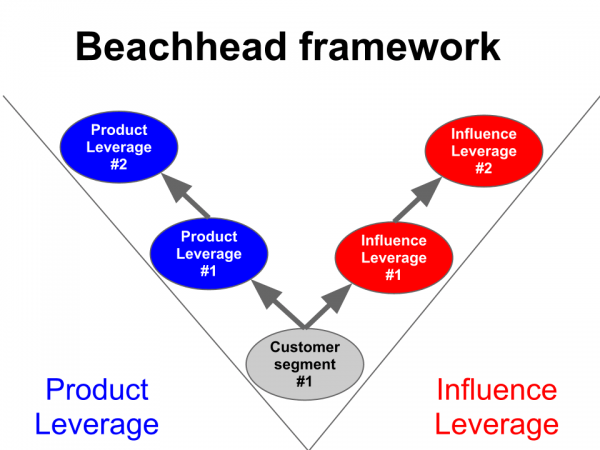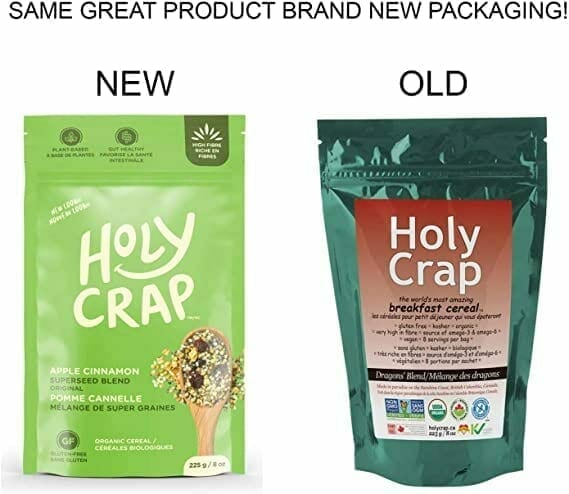Eurolife Brands (EURO.C) has made some inroads into the German market lately, up a retail location in the city of Ingolstadt and an outdoor hemp facility near Dresden, Germany.
The move into Ingolstadt came about as a confluence between EuroLife and CWE European Holdings, which handled the real estate aspect of the business, while Eurolife gathered the partners, distribution and retail networks required in their attempt to seize market share.
“The new location, our 8th in total, located in Ingolstadt, Germany, is a continuation of EuroLife’s European retail strategy of obtaining a network of premium physical retail locations in high traffic pedestrian areas that promote products that fall within the health and wellness categories. This is extremely important especially in the age of pandemics we live in today. We are working closely with our European partners to continue aggressively expanding our retail footprint towards many more retail locations to drive revenue and increase shareholder value. Our goal is to consistently increase market share throughout Germany and the rest of Europe with our retail strategy,” said Shawn Moniz, CEO of EuroLife Brands.
Previously, Eurolife has been linked to Champignon Brands (SHRM.C) in the nascent shroom-market, showcasing Champignon’s Vitality Superteas at the Spielhaus Boardgame Cafe in Toronto, Ontario, so they’re no stranger to emerging verticals. That could suit them well because back in April 20, 2020, EuroLife penned an LOI to acquire CWE to further cement their European expansion. CWE, of course, owns and operates retail locations in Germany and Luxembourg. The two companies continue their negotiations following the LOI, and intend to finalize a definitive agreement shortly
The other half of the company’s German expansion plans involve their closing of an initial equity ownership relationship with Farmhus GmbH, an outdoor hemp facility in Dresden.
Farmhus GmbH offers a respectably sized list of assets:
- More than 500 hectares (1,235 acres) of prime agricultural land available for hemp cultivation near Dresden, Germany;
- Scalability via option agreement to approximately 2,000 hectares (4,900 acres);
- Approximately 110,000 kilograms of existing hemp biomass currently in storage inventory that has been harvested and processed from the latest harvest cycle;
- Existing offtake agreements and purchase orders;
- Specialized harvesting machinery capable of efficient commercial harvest at a rate of 50 hectares (123 acres) per day;
- Specialized cleaning machinery utilized to extract and separate seeds from stems using a mechanically induced vacuum process with negative pressure;
- Specialized drying machinery;
- Drying rooms and warehouse space to be utilized for excess capacity, storage, cleaning and drying.
The company’s two year business plan has the outdoor operation bringing in more than 3 million euros from sales of hemp oil, cosmetics and pet food in its first year. Projections have the company with 200 hectares of hemp under cultivation and generating margins related to selling retail products in the 30 to 40% range, but COVID-19 put an unexpected snag in the design. Now the company has completed its first chunk of the acquisition, and are looking forward to implementing their end-to-end supply chain ownership business model.
“Our goal to build out a vertically integrated enterprise in the health of wellness sector took a monumental and logistically significant step forward today. With the investment into a hemp supply chain operation run by the experienced team at Farmhus, Eurolife gains a stake in a key physical asset in Europe for the growing health and wellness markets,” said Moniz.
EuroLife’s idea is that natural selection will favour companies with low-cost production combined with tactical downstream capability as the industry matures and normalizes. It’s got some merit. Europe’s general population is roughly over $700 million people, with over $500 million in the EU alone, and the opportunity with the hemp and cannabidiol space is growing substantially. Hemp is a diverse product with lots of different verticals, ranging from CBD-infused products to food to clothing. Right now, the legal cannabis market in Europe is primarily medical, but the consumption of hemp-derived CBD products is legal for recreational uses across much of the continent.
“Eurolife now has an equity ownership of a highly tactical asset located in Germany. We will leverage our position to ensure a supply of affordable and consistent quality raw materials for many hemp-based products sold on-line and through potentially owned or related physical retail locations. We look forward to work alongside the other notable stakeholders of the project in order to establish Eurolife’s leadership position in the European health and wellness business while capturing additional value-add downstream opportunities for the company,” Moniz said.
It’s not like the opportunity isn’t there for well-meaning companies with vision. According to the Global Wellness Institute, the wellness market grew 12.9% from $2.72 trillion in 2017 to $4.2 trillion in 2018, with the European CBD market alone expected to be worth at least 1.5 billion euros by 2023.
—Joseph Morton


